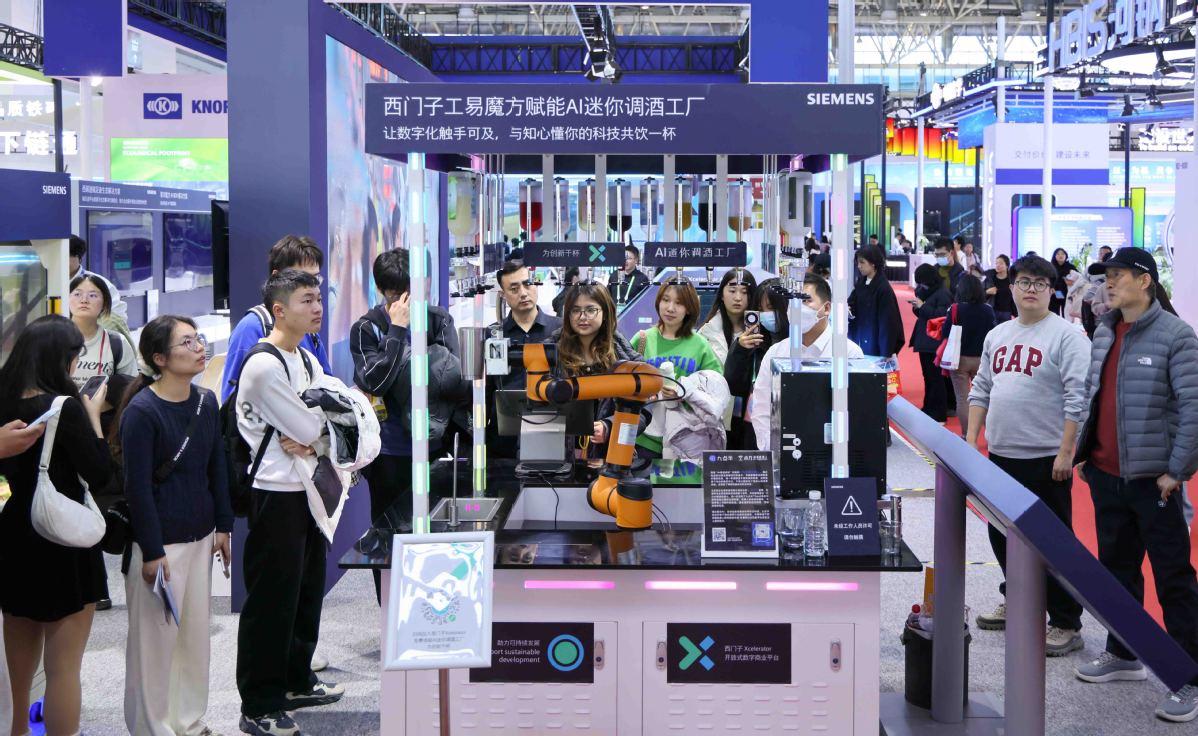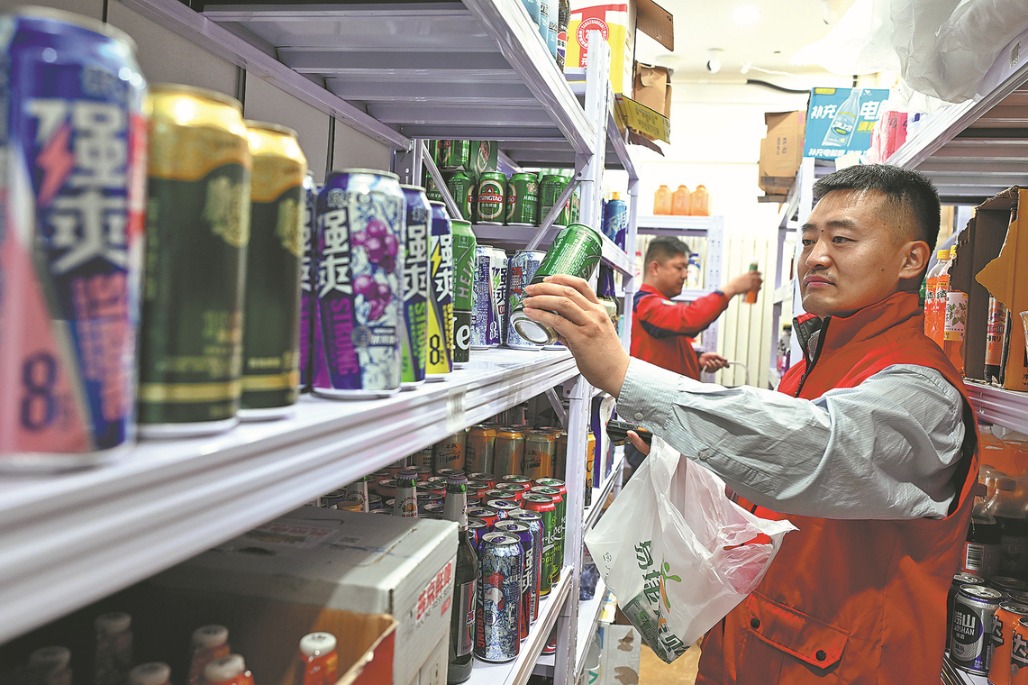Sino-German cooperation key to AI advances


China and Germany should deepen collaboration in the field of industrial artificial intelligence to unleash strong growth potential for both the world's second and third-largest economies, said leading experts at home and abroad.
They noted that the distinct value chain strengths and differing engineering mindsets of the two economies' industrial AI sectors highlight strong complementarity. Their shared emphasis on manufacturing and productivity growth also underscores the vast potential for deeper cooperation.
"If these two economies collaborate on data issues, algorithm issues and some of the ethical issues, I think that probably can move the adoption of AI industries forward," said Peter Koerte, member of the managing board of Siemens AG, a German multinational technology conglomerate, who also serves as the group's chief technology officer and chief strategy officer.
Speaking at a recent academic event held by Peking University's Guanghua School of Management, Koerte said that Germany possesses significant expertise in industries such as pharmaceuticals and electronics, while China demonstrates particular strength in sectors like automotives, machinery and construction.
Recognizing these complementary forces and strengths between China and Germany, Koerte said the two economies, at the same time, share the passion for manufacturing, for technology and for engineering.
"China is by no means just a manufacturing powerhouse. It is an innovation powerhouse," he said. "If we are open to learning from each other without any preconceived notions, I think we are both better off."
Koerte added that, in his opinion, German engineers emphasize precision and rigorousness while their Chinese peers focus on speed and practical solutions, also reflecting the value and necessity of cooperation.
Liu Qiao, dean of Peking University's Guanghua School of Management, said at the same event that the world's No 2 and No 3 economies are complementary when it comes to value chain positions.
China is currently in the process of transitioning from downstream to upstream along value chains, while Germany holds many very strong positions in upstream sectors, Liu said, adding that the two economies together effectively cover the entire value chain of nearly any manufacturing sector, creating conditions for the common development of AI.
Amid mounting geopolitical and global trade uncertainties, Liu said that the fundamental solution for sustainable economic growth in China lies in promoting productivity growth, with new technologies being a very important driving force.
Liu, also a professor of finance, added that Germany probably shares the same objectives, which gives the two economies common ground to collaborate on technology-related areas.
When discussing AI-powered production, Koerte said 80 percent of industrial data is not accessible at present.
"As we take this data, we can unlock significant value out of it," he said. Taking the battery manufacturing industry as an example, he said that applying AI and data across the 13 manufacturing processes required for battery production could increase product yield rates from 60 percent to 90 percent.




































